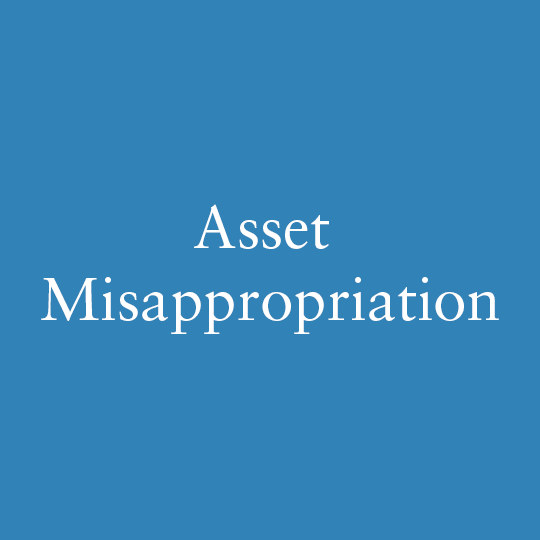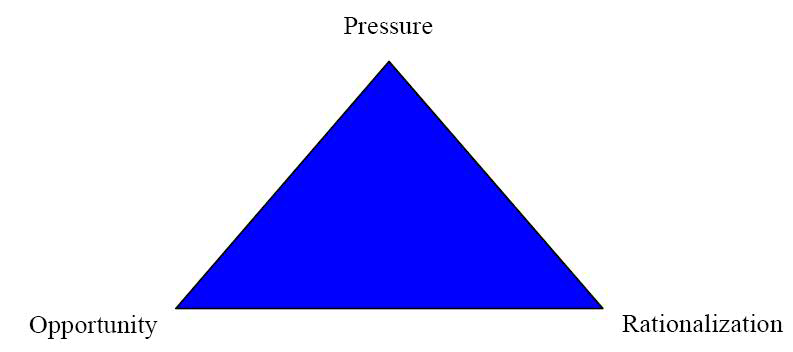What Is Fraud?
Fraud is...
- an intentional misrepresentation of fact, whether by words or conduct, by false or misleading allegations, or by concealment of what should have been disclosed;
- made by one person to another;
- with knowledge of its falsity;
- for the purpose of inducing the other person to act, and upon which the other person relies;
- resulting in injury or damage.




